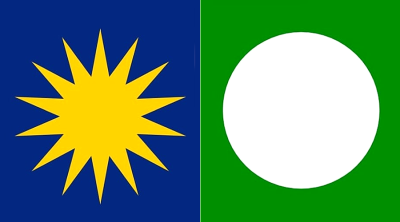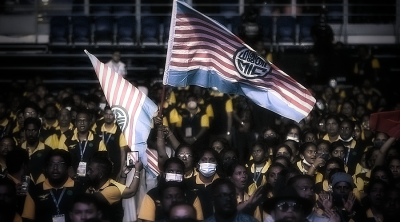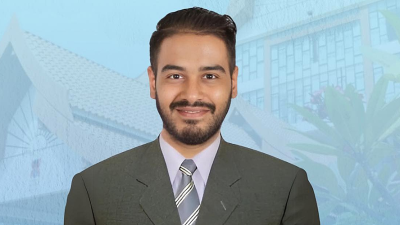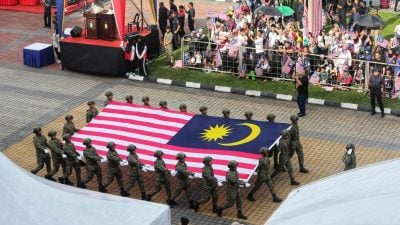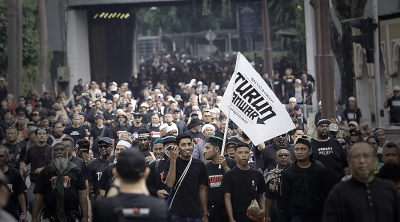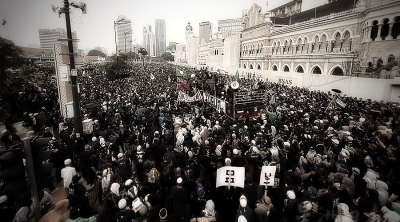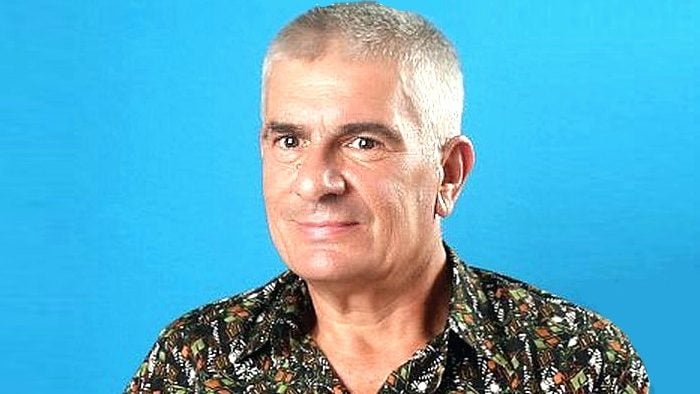
The Anwar Ibrahim administration a.k.a. the Madani government has been in power for more than nine months now.
As a commentator trying to tell the people the reflections I am seeing, these have met push-back with a number of standard criticisms.
The most common one has been that Anwar is better than the alternative. This argument was recently used by Anwar himself when replying to a question by a student on the issue of student race quotas a couple of weeks ago.
Others say give Anwar a chance, while still more say that Anwar’s government is not a “Reformasi” government, and is a “unity” government, sharing power with other political parties.
And so, the one liners go on.
However, under these veils of hope, there is great disappointment shared by a large number of Pakatan Harapan supporters.
The results of the recent state elections were blamed on the “brainwashing” of the young within the education system, not the performance of the Madani government, which incidentally is not a government the rakyat asked for.
What we have is a government in power that is not much different from any other government before.
In Malaysia, governments can change, where the policies remain the same.
Early into the new government tenure, Home Minister Saifuddin Nasution Ismail said the Security Offences (Special Measures) Act 2012 (SOSMA) wouldn’t be reviewed.
Quotas on education would remain, most business monopolies would remain, and budget preferences to bumiputeras would remain in place. Politicians continued to be appointed to GLC boards, and so on.
However, it has taken nine months for many to realise the “spirit of Reformasi” was totally absent within the Madani government.
We have to see what the Madani government has done over the last nine months to actually know what it stands for.
Perhaps the most needed reforms are in the education system. So much work needs to be undertaken upon the curriculum, pedagogy, to raise the motivation of teachers, and improve infrastructure.
However, the only initiative we have seen is the introduction of the Iman Al-Nawawi 40 Hadiths module into schools. PAS never thought of this.
During the pandemic, many weaknesses were exposed in the health system. Nothing has been done to improve the physical hardware and infrastructure of the health system.
Instead, the Ministry of Health seems intent of expanding the MySejahtera app into a digital monitoring system.
The MOH is preparing for a new Covid-19 vaccine drive, while dengue is at a high and cardiovascular health and obesity are at extreme levels.
Why is the MOH following global WHO policies when there is a different set of problems here in Malaysia?
It’s become obvious that the Madani government’s economic policies are very much the same as previous government policies.
The new National Industrial Master Plan (NIMP) 2030 resembles previous plans, with no out-of-the-box initiatives.
This is perhaps because the plans rely upon the civil service, in this case the Economic Planning Unit (EPU), to develop.
The NIMP looks like an International Monetary Fund and World Bank template. This is too simplistic for the complex economy Malaysia has.
Malaysia still has the GLCs as the anchor of the economy. This is national socialist economics which aims to distribute wealth towards the corporations, and away from the rest.
Monopolies are being maintained; as are APs that favour those who possess them.
The Madani government has created the strongest censorship bubble seen in any government this century.
Online news portals are being blocked arbitrarily without following formal due processes.
The 3Rs have been weaponised as a censorship tool, just as they were in the 1970s after the May 13 incident.
People are beginning to fear speaking up, with the risk of being investigated by the police for potential sedition.
Corruption is still rampant with GLCs and crony companies able to make land grabs without following proper procedures.
The integrity of the legal system is under question of being political, where Muhyiddin Yassin saw the court dismiss charges of abuse of power against him, and the public prosecutor withdrew the corruption cases against deputy prime minister Ahmad Zahid Hamidi after they had been going on in court for months.
JAKIM’s responsibilities have been expanded to include a media censorship role with the MCMC, and its new role in national economic planning.
As the argument goes, the Madani government is better than the alternative. But wait a minute, wasn’t PAS part of the federal government between 2020-2022?
Some people are now rethinking the premise that Madani is better than Perikatan Nasional.
PH didn’t confiscate Swatches. PN didn’t utilise the legal system as a political tool. PN didn’t use censorship to silence its critics. Sometimes the devil you know is better than the devil you don’t know.
It’s always best to look at deeds and not propaganda.
However, the bottomline is that there is not much difference in any government.
The Malaysian government is like a restaurant where you can order whatever you like, but everyone will receive the same dish.
(Murray Hunter has been involved in Asia-Pacific business for the last 40 years as an entrepreneur, consultant, academic and researcher. He was an associate professor at Universiti Malaysia Perlis.)
ADVERTISEMENT
ADVERTISEMENT






